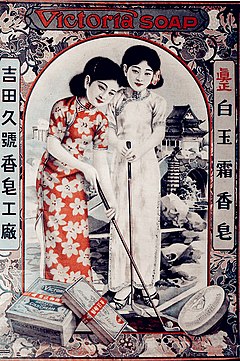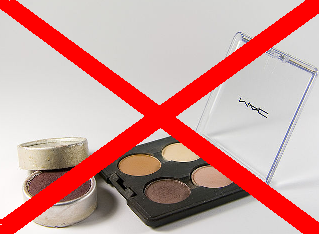Chinks III
Since writing Chinks II, I’ve felt uneasy about calling the Vietnamese workers in that nail salon ‘racists’. It’s true that they pigeonholed an African-American patron as a lazy welfare recipient who was unwilling to get a job. They seemed to take pleasure in voicing all the hurtful stereotypes that could be applied to a total stranger. I found their behavior cruel, terrifying and ironic.
The barb at the heart of Chinks II was minority on minority hate. Yet I described their hate speech as “tittering... nonsensical verbal massaging.” Even if the taunting was meant to be indecipherable, wasn’t I being a bigot myself by writing about it this way?
I can’t think of more alternatives to the pronoun “them.” That’s probably because I don’t know much about the Vietnamese women who taunted a black woman that day. (Here again, I resort to the roughest of rough sketches: “that black lady”). I don’t know their names. I don’t know where they live, although it’s probably not far from my own neighborhood. They are caricatures precisely because I have so few details with which to draw my group character sketch. And what would my cartoon self-portrait look like?
On the day of Chinks II, I was the most socially normative minority in the room. Being light-skinned, speaking with an American accent, growing up in a solidly middle-class household and earning a professional degree all help me to appear more “white” and inviolable. Who knows? It could have been my blessed-in-every-way-second-generation-Chinese-American presence that precipitated the verbal attack that I describe so vehemently. It’s not that I think I am the center of every story; though this story - all the Chinks stories - are about me and my perception of race. Chinks II simply exemplifies the pervasive, insidious, contagious nature of bigotry. This is a barb that hasn’t stopped pricking.


